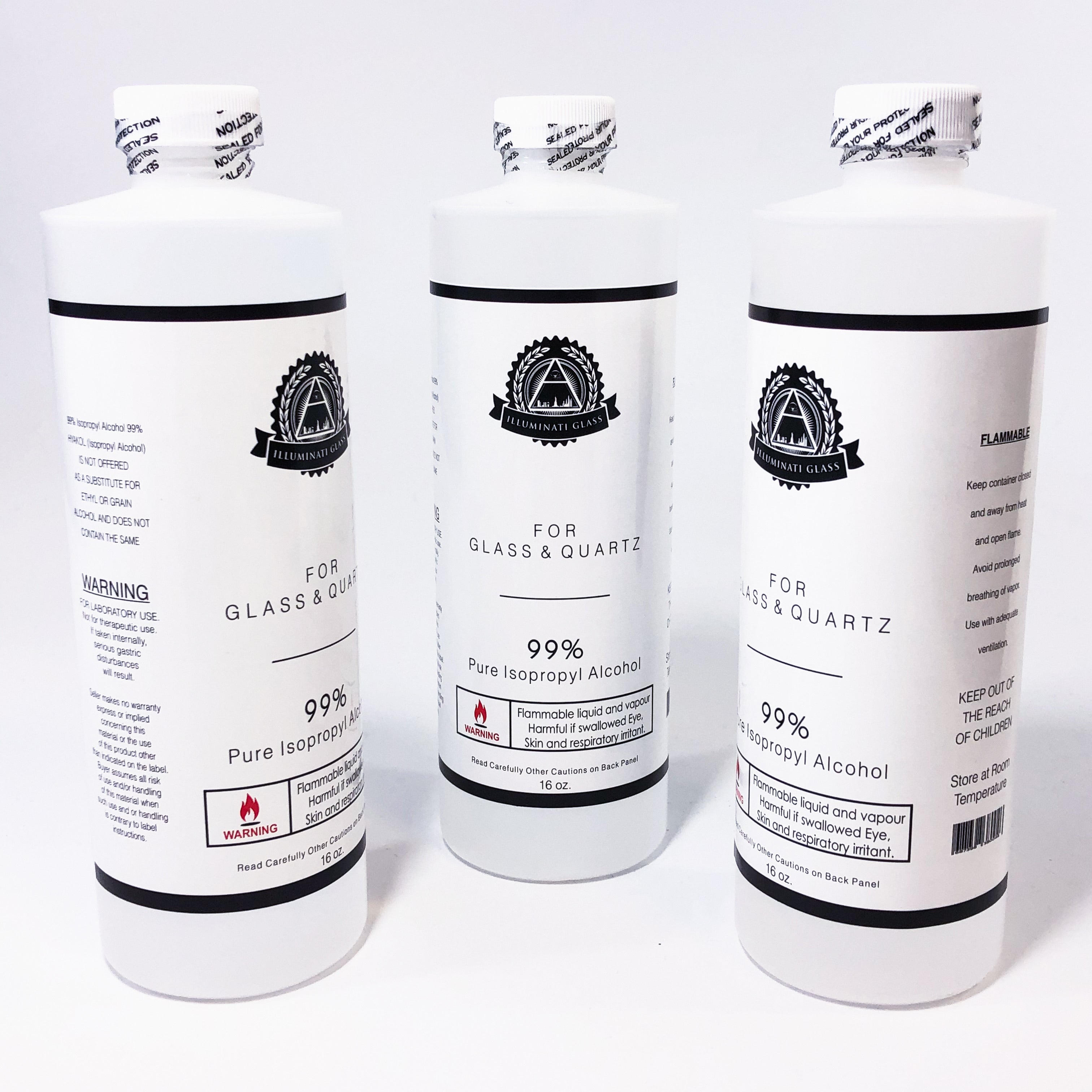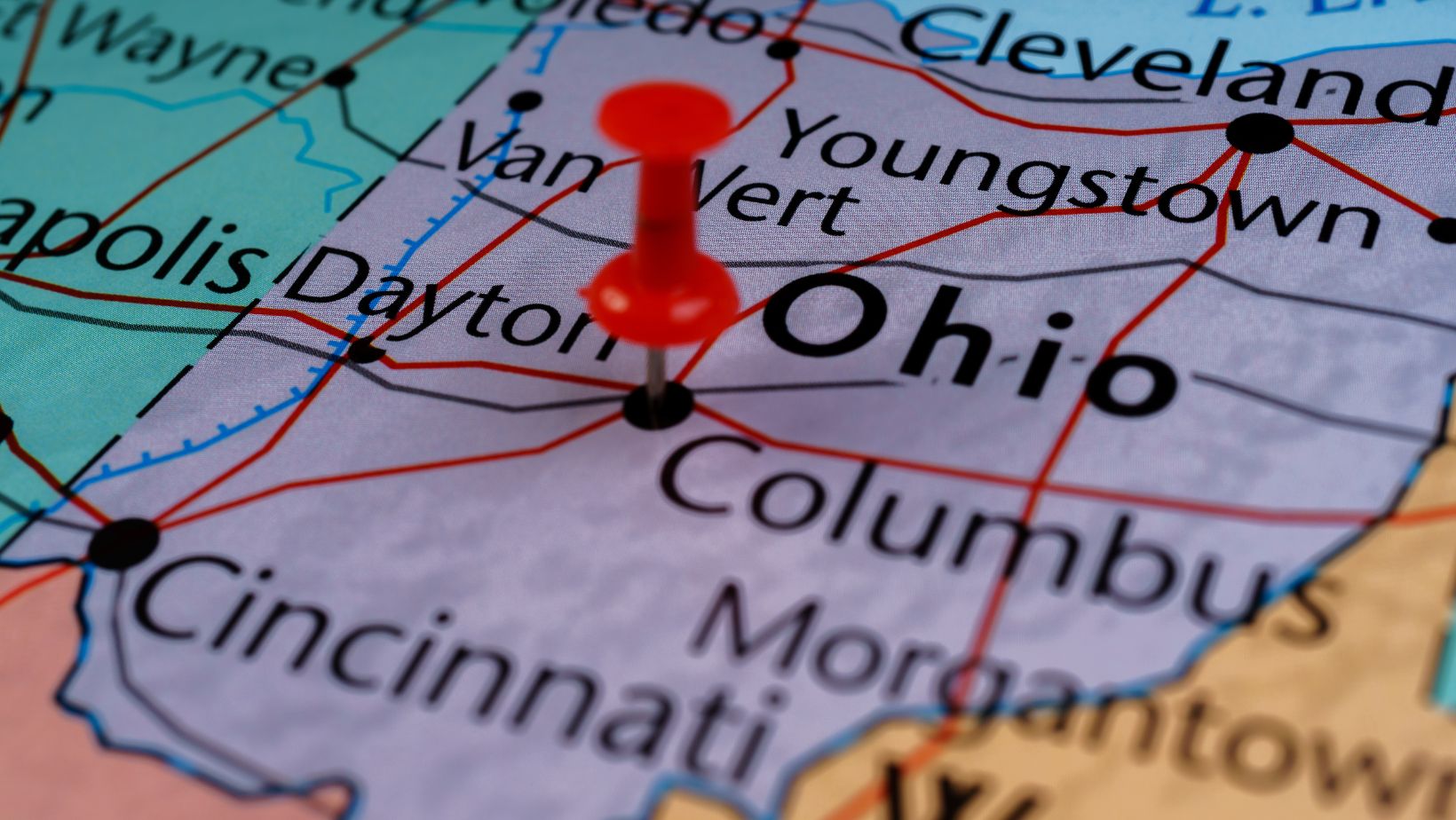In Ohio, understanding the legality of hemp-derived delta 9 starts with the 2018 Farm Bill, signed by President Donald Trump. This landmark legislation federally legalized hemp and its derivatives, drawing a clear legal line between hemp and marijuana.

Under this law, hemp is defined as cannabis plants with a THC content of no more than 0.3% on a dry weight basis, while plants with higher THC levels are classified as marijuana. Although the Farm Bill made hemp legal, it left marijuana classified as a Schedule I controlled substance.
Turning our focus to Ohio, the state has adapted its laws in line with federal policy, but with specific nuances. Following the enactment of Senate Bill 57 in 2019, Ohio legalized not only delta 9 but also other cannabinoids like delta 8 and CBD, with specific restrictions on THC concentrations.
According to the legislation, "Hemp includes the plant Cannabis sativa L. and any part of the plant, including the seeds and all derivatives, extracts, cannabinoids, isomers, acids, salts, and salts of isomers, with a delta-9 tetrahydrocannabinol concentration of not more than three-tenths percent on a dry weight basis."
Therefore, in Ohio, delta 9 products derived from hemp and containing up to 0.3% THC are legal to purchase, possess, and use.
Delta 9 Regulations in Ohio
In Ohio, while Delta 9 THC derived from hemp is legal, the state maintains a strict stance against recreational marijuana. Recreational use of marijuana remains illegal, and the laws regarding possession reflect a degree of leniency only up to a point.
Possession of less than 100 grams is treated as a minor misdemeanor, carrying a fine of $150. However, possessing more than 100 grams escalates to criminal charges, which can be classified as either a misdemeanor or a felony, potentially resulting in prison time and larger fines.
Although Ohio recognizes the legality of hemp-derived cannabinoids, it has not afforded the same legal liberties to marijuana-derived products. Despite the legality of hemp-derived Delta 9 available statewide, consumers need to exercise caution and thoroughly vet their hemp product sources for safety and compliance.
Delta 9 Products in Ohio
In Ohio, the availability of Delta 9 THC products derived from hemp provides residents with various options for exploring the benefits of this cannabinoid without stepping outside the law. Among these products, Delta 9 gummies are particularly popular due to their convenience, discreet nature, and precise dosing.
These gummies, along with other hemp-derived products such as oils, tinctures, and vapes, are legal as long as they contain less than 0.3% Delta 9 THC on a dry weight basis. This ensures they meet both state and federal legal requirements.
Consumers can find these products in a range of forms tailored to their preferences and needs:
- Delta 9 Gummies: Offer a convenient and discreet way to consume Delta 9, available in various flavors and potencies.
- Oils and Tinctures: Ideal for users seeking precise dosage and faster absorption into the body.
- Vape Products: Provide a quick onset of effects, with a variety of flavors and strengths.
- Capsules: A straightforward, no-mess method of ingestion that's also easy to dose.
- Topicals: Such as creams and balms, which are applied externally and can offer localized relief.
Shipping Delta 9 to & From Ohio
Navigating the complexities of shipping Delta 9 THC products to and from Ohio requires understanding both state and federal regulations. In Ohio, as long as the Delta 9 THC is derived from hemp and contains no more than 0.3% THC on a dry weight basis, it is legal under state law following the guidelines set by the 2018 Farm Bill. This federal law allows for the interstate commerce of hemp-derived products, but it's crucial to ensure compliance with the laws in both the originating and destination states.

While Ohio permits the legal possession and sale of hemp-derived Delta 9 products, shippers must exercise due diligence to ensure they do not inadvertently violate federal or state laws where marijuana-derived products are still considered illegal. Shipping Delta 9 THC products that exceed the 0.3% THC threshold or that are derived from marijuana can lead to serious legal repercussions, including fines and imprisonment.
Key Considerations for Shipping Delta 9 in Ohio:
- Verify Legality: Ensure both origin and destination states permit hemp-derived Delta 9.
- THC Limitation: Confirm that the product contains no more than 0.3% THC.
- Proper Labeling: Clearly label packages to indicate they contain hemp-derived products compliant with federal law.
- Carrier Compliance: Use carriers that explicitly allow the shipment of hemp-derived products.
- Documentation: Include lab results and a Certificate of Analysis (COA) to verify THC content.
- Packaging Standards: Use secure, discreet packaging to prevent damage and ensure privacy.
- Stay Informed: Keep updated on changes in cannabis shipping laws to avoid legal issues.
- Consult Legal Advice: Consider consulting with a legal expert to navigate interstate shipping laws effectively.
Ohio's Cannabis Landscape: Delta 9 and Medical Marijuana Growth
While recreational marijuana remains illegal in Ohio, the state has established a robust medical marijuana program. Ohioans who don't qualify for this program might find hemp-derived Delta 9 THC a beneficial alternative.
Ohio's Medical Marijuana Regulations
Legalized by House Bill 523 in 2019 and championed by Rep. Stephen Huffman, medical marijuana in Ohio was signed into law by then-Governor John Kasich. The operational aspects of the law kicked off in 2018, providing patients with about 70 licensed dispensaries across the state. However, Ohio enforces stringent criteria for those wishing to access medical cannabis.
To qualify for a medical marijuana card in Ohio, patients need a diagnosis from a state-licensed doctor for one of several specified conditions, including:
- Amyotrophic Lateral Sclerosis (ALS)
- Various forms of pain and spasms like Severe/Intractable Pain, Spasticity, and Spinal Cord Injury
- Neurological conditions such as Parkinson’s Disease, Alzheimer’s Disease, Huntington’s Disease
- Mental health disorders like Post-Traumatic Stress Disorder (PTSD)
- Life-threatening illnesses like AIDS, Cancer, and terminal illnesses
- Chronic diseases such as Hepatitis C, Inflammatory Bowel Disease (IBD), Crohn’s Disease
- Others like Fibromyalgia, Glaucoma, Sickle Cell Anemia, and Tourette Syndrome
Further requirements for obtaining a medical marijuana card in Ohio include:
- Being at least 18 years old, or having a caregiver who is at least 21 years old if under 18
- Providing proof of Ohio residency with a state-issued ID or driver’s license
- Consulting with a certified doctor registered with the Ohio Marijuana Card program
Once approved, patients are limited in the amount of cannabis they can purchase either daily or within a 90-day period. The state oversees both the cultivation facilities, which must adhere to rigorous lab testing, and the dispensaries.
This framework provides structured access to medical marijuana while offering an alternative in hemp-derived Delta 9 THC for those seeking legal cannabis benefits without a medical card in Ohio.
Delta 9 Legality in Ohio vs Other States
The legality of Delta 9 THC varies across the United States, with Ohio having specific regulations that align with federal guidelines under the 2018 Farm Bill. Understanding how Ohio's laws compare to those of other states can help elucidate the broader national landscape of cannabis regulation.
Delta 9 in Ohio
In Ohio, Delta 9 THC derived from hemp is legal if it contains no more than 0.3% THC on a dry weight basis. This follows the federal law established by the Farm Bill, which legalized hemp and its derivatives nationwide. Ohio's Senate Bill 57 explicitly legalized hemp-derived cannabinoids, setting the stage for a legal market within the state boundaries.
Comparison with Other States
Different states have adopted various approaches to Delta 9 THC, influenced by their local legislative environments:
-
California: Allows both medical and recreational use of marijuana, thus legalizing marijuana-derived Delta 9 THC.
-
Texas: Only permits hemp-derived Delta 9 under the 0.3% THC threshold, with strict medical marijuana laws that heavily restrict THC content.
-
Florida: Legal for medical use with a broader scope than Texas, allowing higher THC levels for qualifying conditions but no recreational use.
-
Michigan: Fully legalizes both medical and recreational use of marijuana, allowing free use of marijuana-derived Delta 9 THC.
-
Kentucky: Only allows hemp-derived Delta 9 THC that complies with the federal limit of 0.3% THC, with no legal provision for medical or recreational marijuana.
These variations reflect a patchwork of regulations that can significantly affect the availability and legality of Delta 9 THC products.
Here’s a table summarizing the legal status of Delta 9 THC in Ohio compared to other selected states:
| State |
Hemp-Derived Delta 9 Legal |
Medical Marijuana |
Recreational Marijuana |
| Ohio |
Yes (≤0.3% THC) |
No |
No |
| California |
Yes (≤0.3% THC) |
Yes |
Yes |
| Texas |
Yes (≤0.3% THC) |
Limited |
No |
| Florida |
Yes (≤0.3% THC) |
Yes |
No |
| Michigan |
Yes (≤0.3% THC) |
Yes |
Yes |
| Kentucky |
Yes (≤0.3% THC) |
No |
No |
Considerations for Purchasing Delta 9 in Ohio
While purchasing Delta 9 in Ohio is legal, it's important to be cautious about product safety. Despite hemp's benefits such as pain relief, anxiety reduction, and its psychoactive properties, the process to extract and produce hemp-derived products can sometimes leave harmful residues. Here are several factors to consider when selecting hemp products in Ohio.
Quality of Hemp
In Ohio, Delta 9 products must contain no more than 0.3% THC. However, hemp's ability to absorb substances from its environment means it can also take in harmful chemicals like pesticides and herbicides used during cultivation. To avoid ingesting these unwanted chemicals, choose products sourced from organically grown hemp that hasn't been treated with these substances.

Extraction Techniques
While various methods exist for extracting compounds from hemp, CO2 extraction is recognized as the safest and most effective. This method might be more expensive, but it ensures higher quality and purity. A company’s use of CO2 extraction is a good indicator that they prioritize quality over profit.
Product Color and Appearance
High-quality hemp extracts usually have an amber or pinkish hue. Some manufacturers bleach their products to achieve a cleaner, more appealing appearance. It's better to opt for products that retain some of their natural color, which indicates minimal processing.
Importance of Lab Testing
Lab testing is crucial for ensuring product safety and quality. Even the safest extraction methods, like CO2, require expert handling. Third-party lab tests can verify that products are free of contaminants and additives while also providing precise measurements of THC content, purity, and potency.
Customer Feedback
Doing your research before choosing a cannabinoid provider is essential. Check the company's website and read customer reviews to gauge overall satisfaction with the product and customer service. Positive feedback and good customer service practices are indicative of a company's reliability and ethical standards.
The Bottom Line
In summary, while Ohio maintains a strict stance against recreational marijuana, the state has embraced the benefits of hemp-derived Delta 9 THC, which is legal. This distinction allows individuals who do not qualify for medical marijuana to still access cannabis products that can provide significant health benefits.
As the landscape of cannabis laws continues to evolve, Ohio residents are encouraged to stay informed about the latest regulations to ensure compliance and make the most informed decisions regarding their health and wellness.
FAQs
Can I travel to other states with hemp-derived Delta 9 products purchased in Ohio?
While hemp-derived Delta 9 is federally legal, you should check the laws of the state you're traveling to as they can vary.
Are there any restrictions on the types of hemp-derived Delta 9 products available in Ohio?
No specific restrictions on types, but all products must comply with the federal limit of less than 0.3% Delta 9 THC.
Do I need to keep proof of purchase for hemp-derived Delta 9 products in Ohio?
It's wise to keep proof of purchase to verify that the products are hemp-derived, especially if questioned by law enforcement.
Can I grow hemp at home in Ohio for personal Delta 9 extraction?
Home cultivation of hemp for personal use is not allowed; hemp must be grown by licensed growers.
Are there any employment protections for using hemp-derived Delta 9 products in Ohio?
There are no specific protections, and employers can have policies against the use of cannabis products.
How do Ohio laws address the use of Delta 9 for minors?
Minors are not allowed to legally purchase or possess Delta 9 products, even if hemp-derived, without a medical marijuana card.
What should I do if a product I purchased in Ohio has more than the legal 0.3% THC content?
It’s best to dispose of the product and report the issue to the retailer or the Ohio Cannabis Control Board. Ensure you purchase products from reputable sources.


















